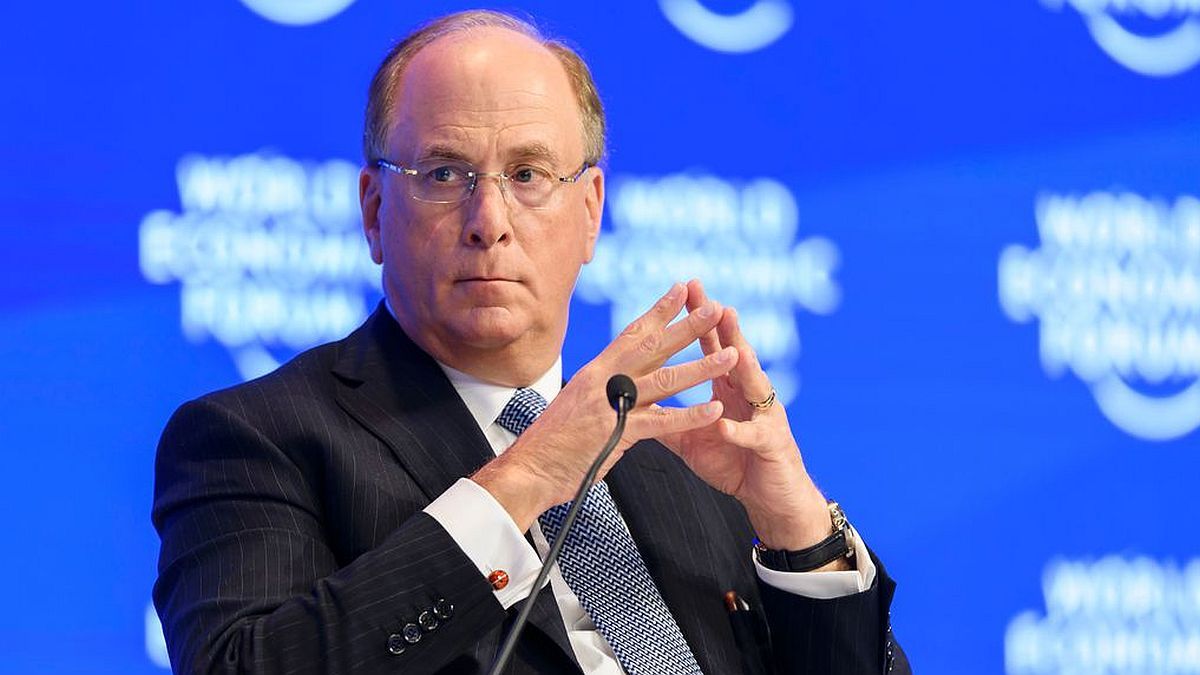The French Justice Department arrested a former senior official in Rwanda this week and accused him of having participated in the 1994 genocide in the African country, a source close to the case reported today.
Pierre Kayondo, a former prefect and former deputy in his 70s, was arrested last Tuesday and accused of complicity in genocide and crimes against humanity, according to this source, who requested anonymity, replied the AFP news agency.
Kayondo had been under investigation in France since the end of 2021, after the CPCR victims’ group reported that he had “actively participated in the organization of the exterminations in Ruhango and Tambwe, in the Gitarama prefecture, by allowing the constitution of interahamwe militia groups.” , supply weapons and participate in meetings.
“He was a man close to personalities convicted of genocide,” such as Colonel Aloys Simba and Ephrem Nkezabera, nicknamed “the banker” of the genocide, said Alain Gauthier, president of the CPCR, who stated that Kayondo resided in the city of Le Havre, in northwest France.
In Rwanda, a densely populated East African country, a bloody conflict between ethnic Hutu and Tutsi communities and forces unfolded in the 1990s.
The genocide left more than 800,000 dead, according to the UN, especially members of the Tutsi ethnic group exterminated between April and July 1994.
On April 6, 1994, an attack killed the Rwandan ruler Juvénal Habyarimana, an enemy of the Tutsi, and his counterpart from neighboring Burundi, Cyprien Ntaryamira, both of the Hutu ethnic group.
These events triggered the beginning of the Rwandan genocide, in which more than 800,000 murders were committed in just 100 days, mainly of members of the Tutsi ethnic minority, as well as moderate Hutus who opposed the massacres.
The events at the Nyange Catholic church were one of the most brutal of the genocide, in which both Hutu militias and civilians murdered 2,000 Tutsis who had taken refuge in the construction.
The slaughter ended when troops from the Rwandan Patriotic Front (RPF), led by current President Paul Kagame, defeated the Hutu rebels and took control of the country.
Numerous Rwandans were convicted by their country’s justice system, international courts or Western countries, for acts linked to the genocide.
The International Criminal Tribunal for Rwanda (ICTR) convicted 62 people, while others, such as Augustin Bizimana, one of the main masterminds of the massacre, died without having been brought before international justice.
Source: Ambito




